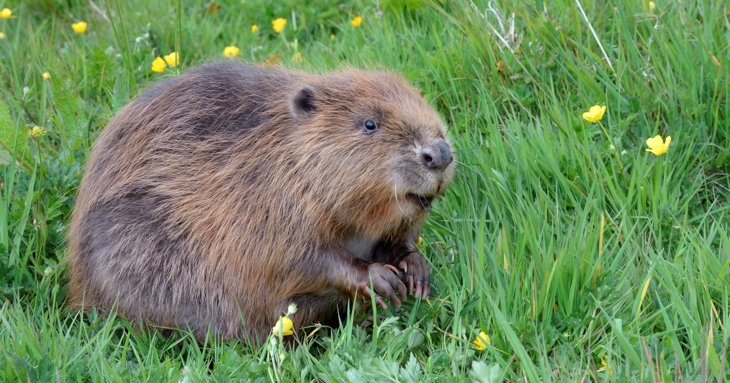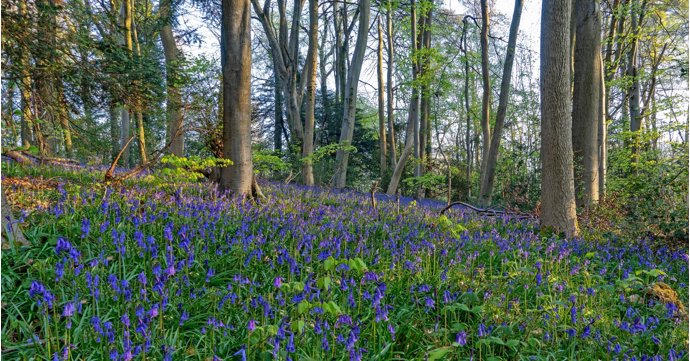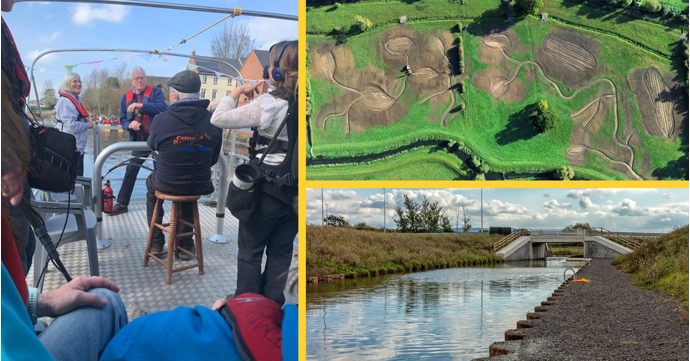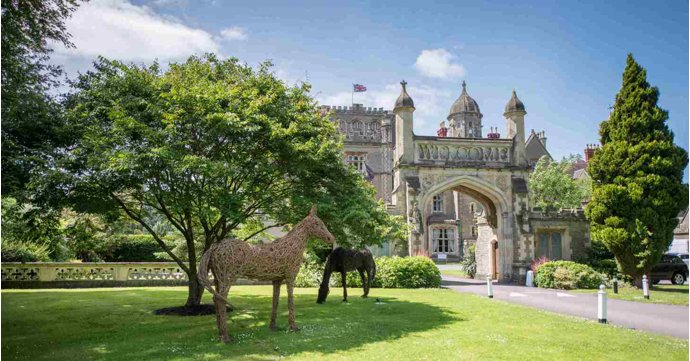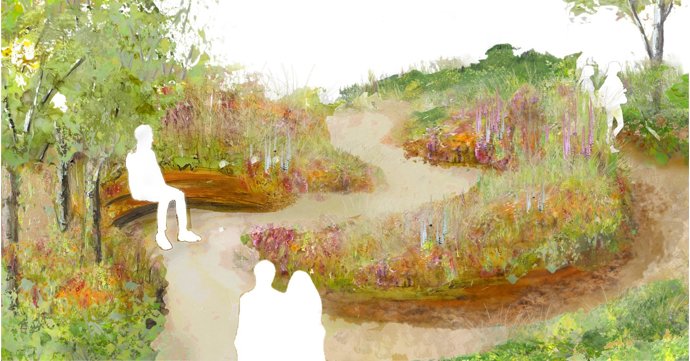Gloucestershire Wildlife Trust is launching a new campaign to reintroduce beavers into the wild in Gloucestershire.
The Eurasian beaver was once native to Gloucestershire, but was hunted to extinction in the 16th century for its fur, meat and scent glands. Now a protected species, there are around 168 beavers in the UK following their reintroduction in other parts of the country.
While beavers have been reintroduced within fenced areas in the Forest of Dean and Cotswold Water Park, Gloucestershire Wildlife Trust's latest project hopes to bring wild beavers back to the county for the first time in 400 years.
Beavers are considered a keystone species, meaning they could play a vital role in reversing the decline of Gloucestershire's wildlife, restoring the county's wetland ecosystems and fighting climate change.
As natural engineers, beavers have an innate instinct to build dams to protect themselves and their offspring from predators. By coppicing and felling trees to do this, they create meadows of mosses, grass and flowers where sunlight reaches the woodland floor, as well as turning fast-flowing streams into sprawling wetland habitats of pools and brooks, which allow other plants and wildlife like bats, birds, bugs, fish, frogs, otters, shrews and water voles to thrive.
Slowing the flow of water through streams and river catchments also helps to prevent flooding downstream and makes them more resistant to drought — both growing concerns in Gloucestershire due to the ongoing impacts of climate change.
GWT is launching an appeal this May 2023 to fund a feasibility study to assess whether reintroducing beavers to Gloucestershire could be possible.
Its ecosystem recovery manager, Anna Tarbet, said: 'The beaver feasibility study will assess what’s possible when it comes to reintroductions here in Gloucestershire. We’ll be looking at biological aspects, such as where’s the right habitat, but also what impact they could have on humans and humans on them.
'We’ll be working with landowners and communities every step of the way, making sure we understand the possible impact of beavers on agriculture and livelihoods at any proposed location. It’s a true feasibility study, so we’re not going in with any locations in mind. It’s really exciting to see where the project will take us.'
The project is being undertaken in partnership with Forestry England. Its planning and environment manager, Ben Robinson, added: 'We have already seen the changes beavers can bring to a landscape at Greathough Brook.
'They can restore habitat, by creating feeding and breeding opportunities for a range of other wildlife. It’s fantastic to be exploring opportunities to bring back a free-living beaver population to the county.'
The Project Beaver appeal has raised just under half of its £25,500 target so far, with the resulting feasibility study expected to last around 18 months, due to its complex ecological and social implications.


